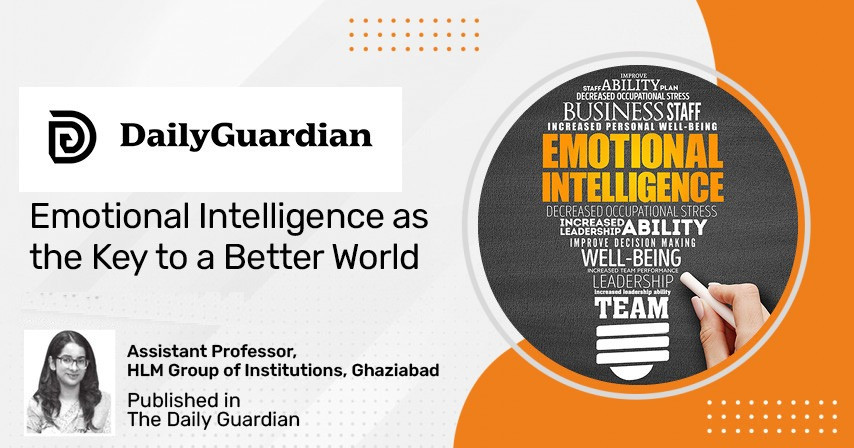
In the world of One Piece, the iconic anime by Eiichiro Oda, we follow the journey of Monkey D. Luffy, a young boy with an unshakable dream of becoming the King of the Pirates. While Luffy does not possess traditional intelligence often puzzled and prone to make impulsive decisions, he has something far more profound: exceptional emotional intelligence. Luffy’s ability to empathize, his loyalty to friends, and his deep compassion for others have endeared him to millions of fans worldwide. His character reminds us that being a great person isn’t about intellectual brilliance but about the magnitude of generosity, tenderness, and emotional strength.
Luffy’s journey captures us not because of his intellectual prowess but because he depicts beautifully that greatness is rooted in character, not in IQ. In a world that often measures people by their intelligence quotient (IQ), characters like Luffy highlight the value of emotional intelligence (EQ)—our ability to recognize, understand, and manage emotions. EQ builds bonds, fosters connection, and helps create a more compassionate society.
However, the stress on emotional intelligence is often overshadowed by the celebration of linear achievements. This was evident in a recent headline about a ‘10-year-old Indian-British boy scoring an IQ higher than Einstein and Hawking’. While such triumphs are undeniably impressive, they tend to prioritize critical abilities and intellectual capabilities while neglecting the importance of emotional intelligence. What about showcasing the stories of people helping strangers or demonstrating empathy? We need to shift our perspective, recognising individuals not just for their intelligence or appearance or status but for their humanity, prioritizing compassion and kindness above all.
Unfortunately, today’s children are increasingly drawn into a digital world saturated with content that sometimes conveys misplaced values. Many are exposed to things that glorifies wealth, brand recognition, and social status over empathy and kindness. As a result, kids are absorbing messages that being “cool” means owning the latest gadgets, flaunting luxury brands, or adopting dismissive attitudes. They may come to equate these superficial markers with success, losing touch with the innocence and genuine kindness that define childhood. Instead of playing, learning, and dreaming, young minds are being shaped by an environment that emphasizes materialism and status.
This hyping of IQ and materialism over EQ is deeply apprehensive, especially as mental health issues continue to increase. Kids as young as eight or nine are experiencing anxiety, comparing themselves to others, and struggling with self-worth. As a society, we must acknowledge the relevance of nurturing kindness, empathy, and emotional intelligence in children. Rather than giving attention solely on academic or intellectual achievements, we should emphasize teaching youngsters how to be compassionate, respectful, and kind.
Parents and schools play a pivotal role in fostering these qualities. This doesn’t mean enforcing strict moral lessons but invigorating everyday acts of kindness and understanding. Teaching children to share, listen without judgment, and recognize others’ emotions lays the foundation for emotional intelligence. Simple gestures like encouraging them to say “thank you” or help a friend in need instil the value of community building and the kernelling caring for others.
In a world where mental health struggles are on a rise, valuing emotional intelligence could be transformative. When children learn to connect with their emotions and understand others’, they build resilience and empathy—qualities that can help prevent mental health issues later in life. Teaching EQ equips children with the tools for emotional well-being, enabling them to navigate relationships, manage stress, and overcome challenges effectively. Moreover, it fosters a society that values kindness and understanding, reducing conflicts and contributing to a more peaceful world.
Through Luffy’s journey in One Piece, we are reminded that being “the best” isn’t about intellect or status; it’s about the warmth, kindness, and humanity we bring into the world. Luffy’s empathy and unwavering loyalty to his friends leave a lasting impact on everyone he meets, demonstrating that true greatness lies not in achievements or accolades but in kindness and compassion. It’s a legacy worth aspiring to, one that makes the world a better place for everyone.
